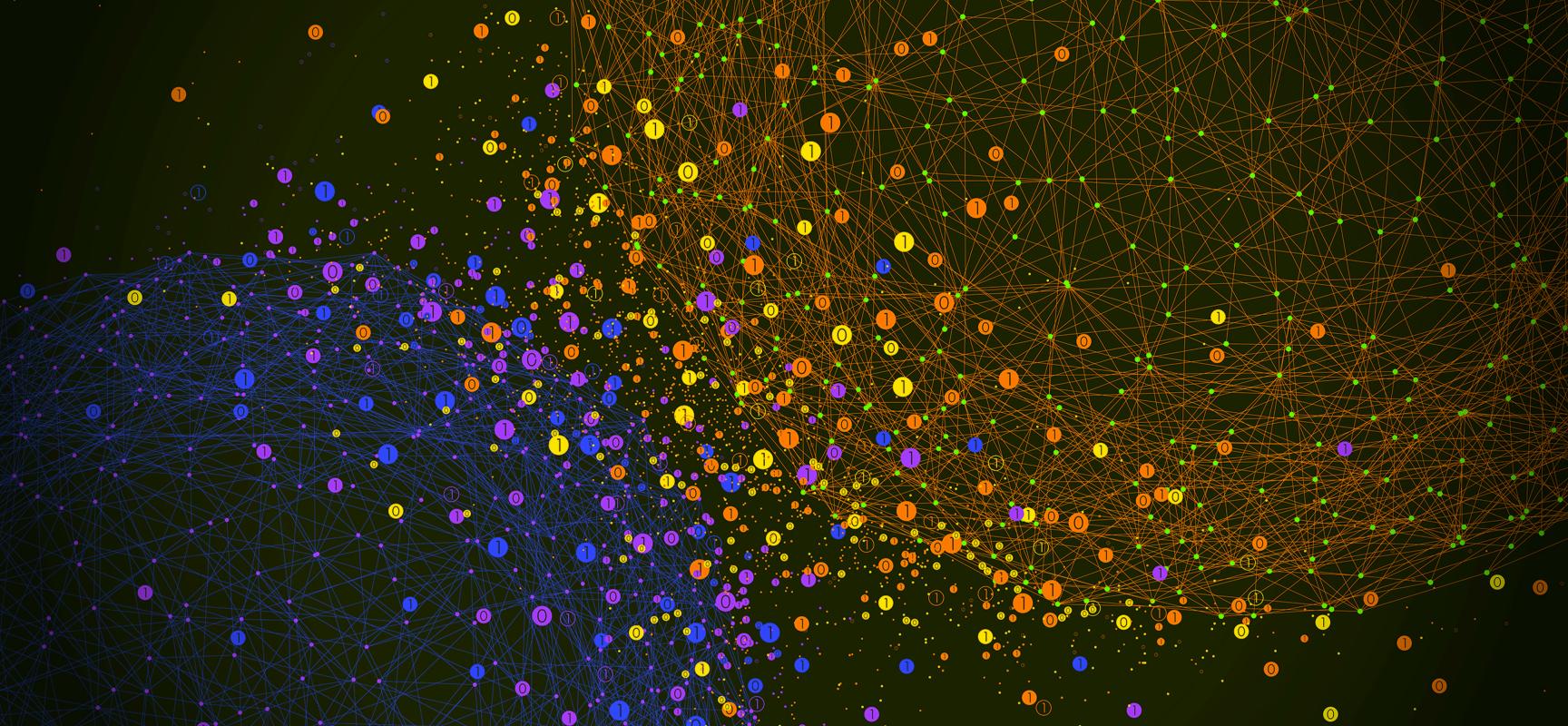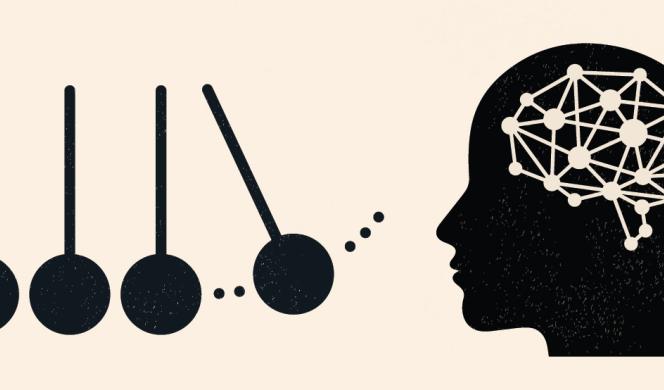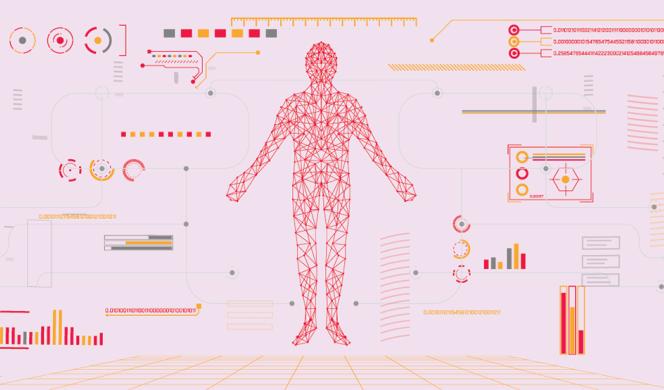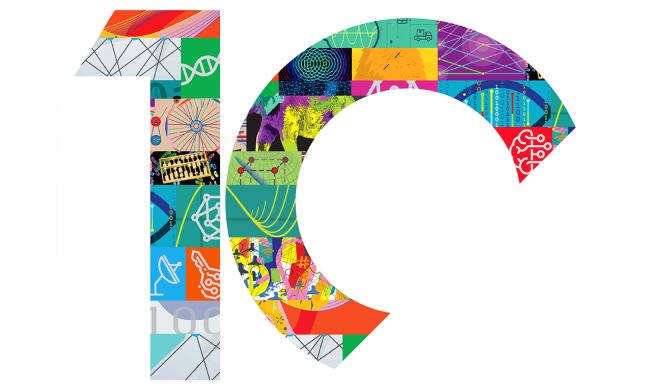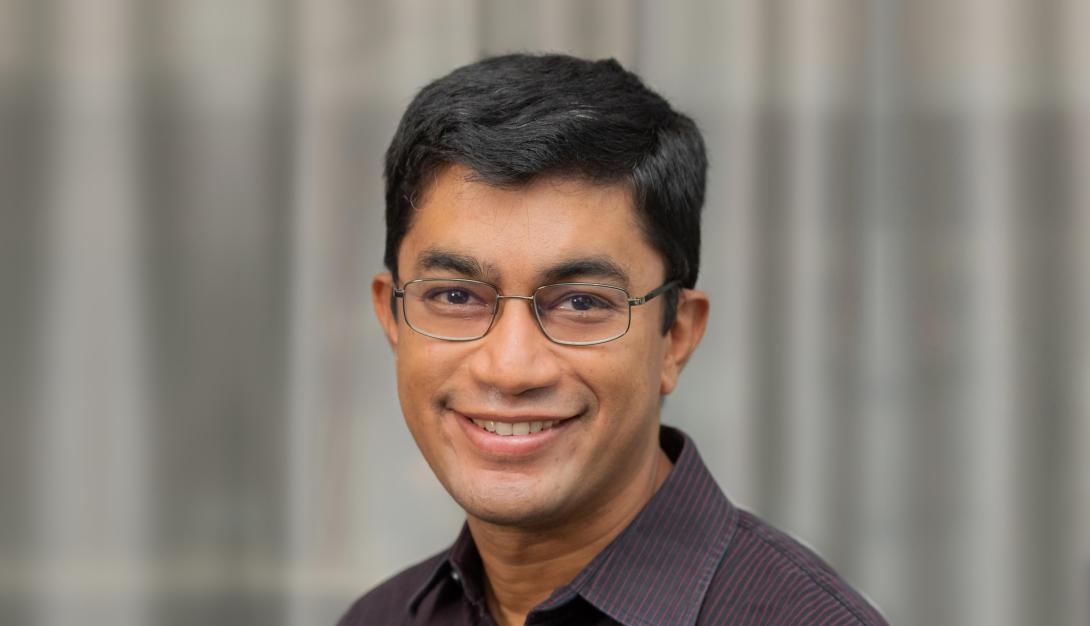
Greetings from Berkeley, where we’ve recently welcomed a merry band of cryptographers for what promises to be an outstanding summer program on...
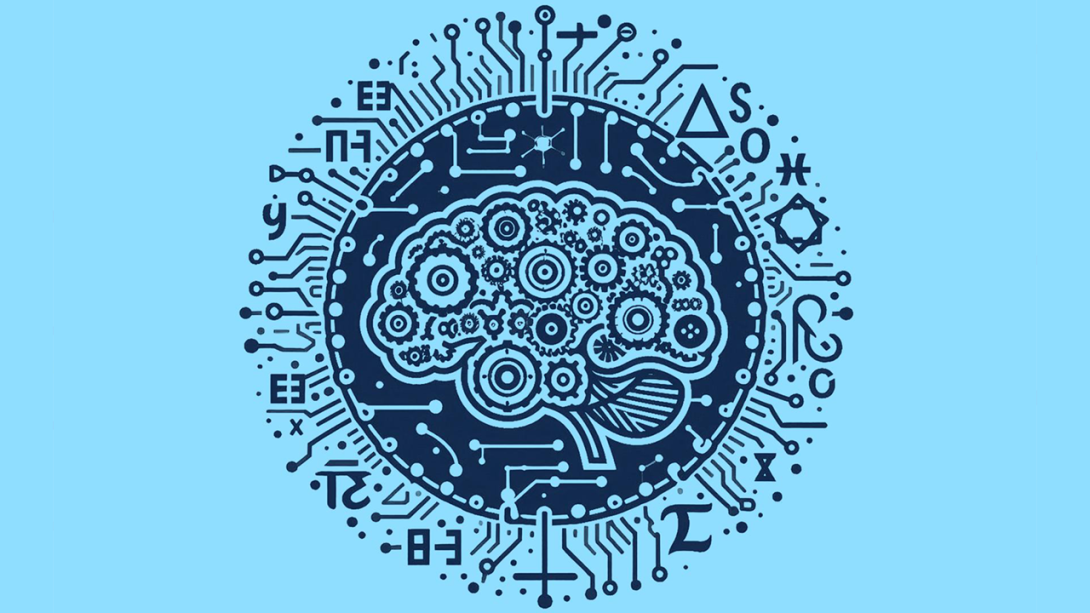
This month, we held a joint workshop with SLMath on AI for Mathematics and Theoretical Computer Science. It was unlike any other Simons Institute...
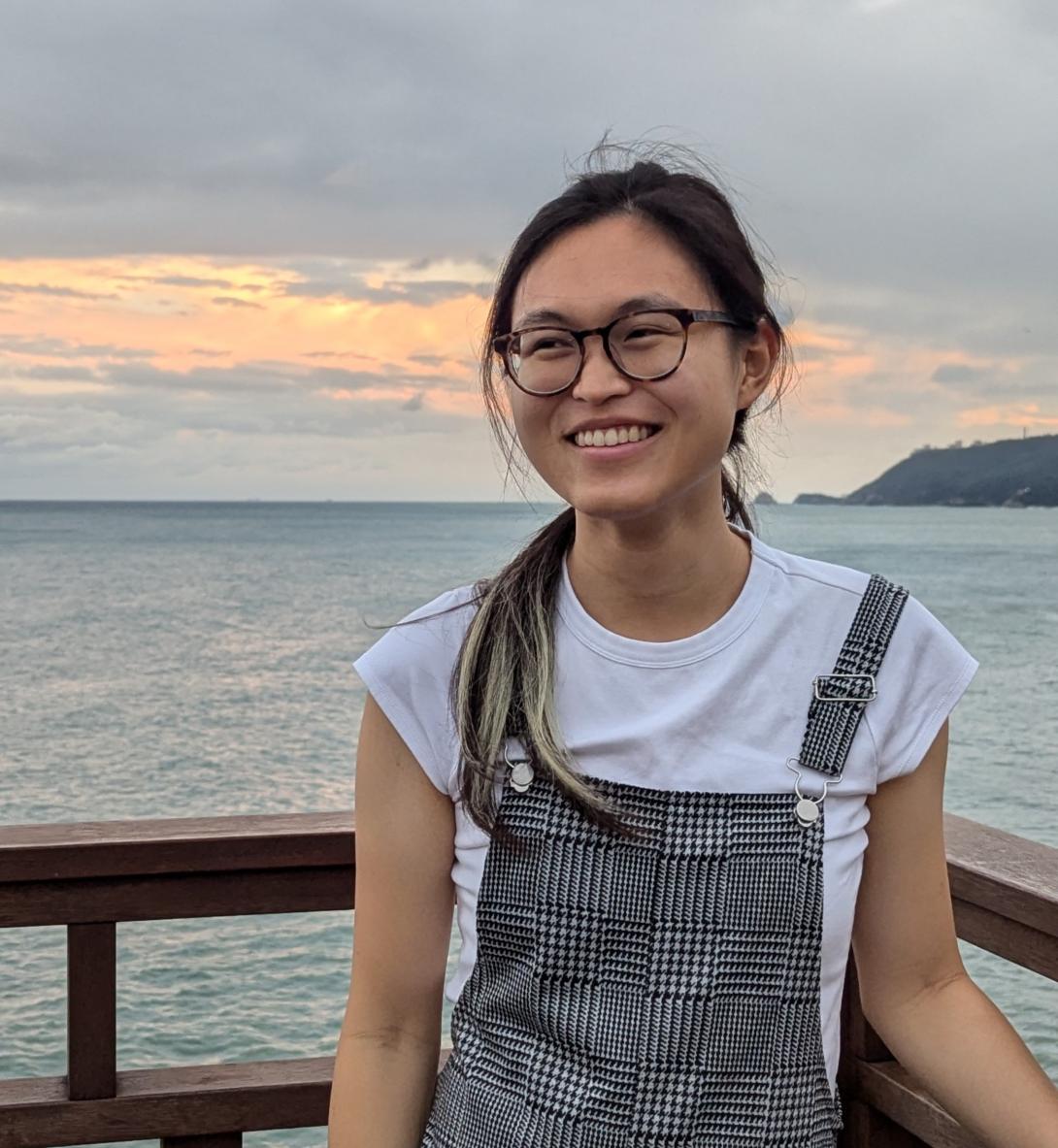
We’re delighted to share that Miller fellow and Simons Institute Quantum Pod postdoc Ewin Tang has been awarded the 2025 Maryam Mirzakhani New...
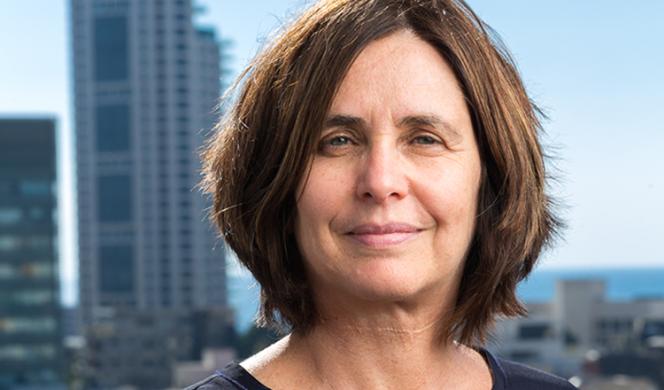
This past week, we celebrated a decade of innovation and discovery at the Simons Institute at our 10th Anniversary Symposium. It was a tremendous delight for me to see so many friends whose lives and research have been enhanced by the Institute. The symposium showcased topics in which researchers at the Institute and beyond have made enormous strides in recent years. The talks are viewable now on SimonsTV.

At the Simons Institute, we are busy preparing for our 10th anniversary symposium, which will take place in Berkeley from May 25 through 27. This three-day conference will celebrate a decade of discovery at the Simons Institute, as we embark on a new decade of collaboration and innovation.
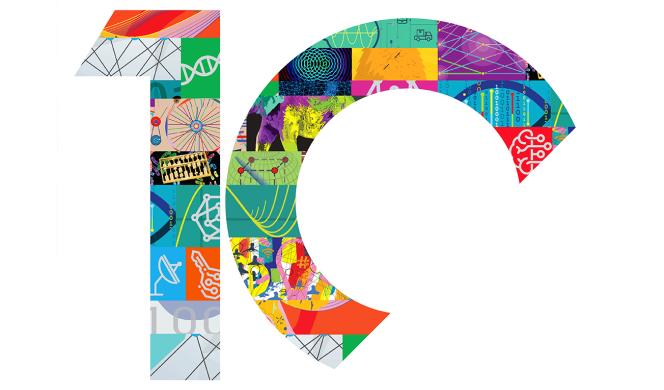
To celebrate our first decade, we will host the Simons Institute 10th Anniversary Symposium from May 25 through 27. The event will highlight key research directions that have defined our field and have shed light on the computational nature of other scientific disciplines.

Greetings from spring in Berkeley. In the last couple of weeks, some of us have taken off our masks in Calvin Lab for the first time, and are enjoying a sense of renewal overall.
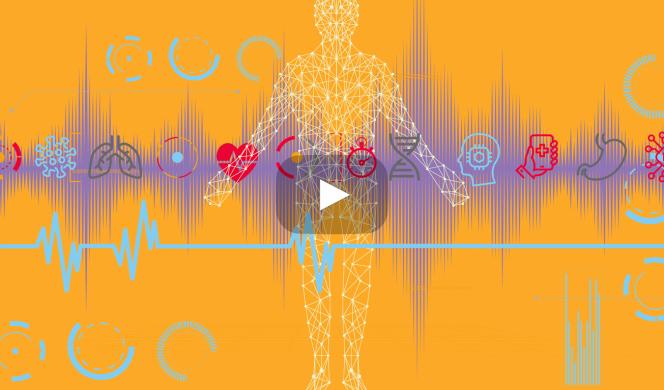
In this talk from our Theoretically Speaking public lecture series, Dina Katabi presented sensing technologies that track people’s gait and movements based purely on the radio signals that bounce off their bodies.
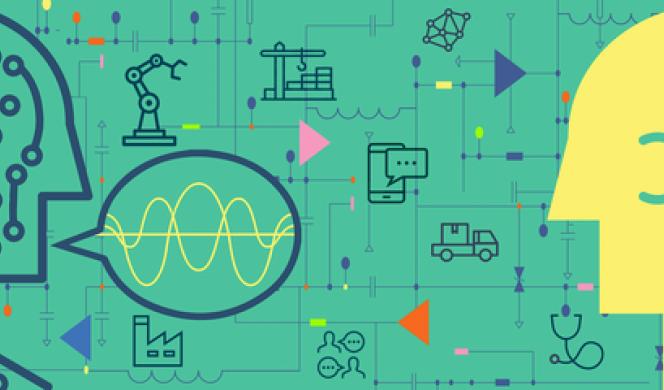
Chris Watkins introduced the Q-function in the 1980s as part of a methodology for reinforcement learning. Given its importance for over three decades, it is not surprising that the question of the true meaning of Q was a hot topic for discussion during the Simons Institute's Fall 2020 program on Theory of Reinforcement Learning.

Greetings from Berkeley, where spring is already upon us. A shout out to those who went to school here at some time or another — the magnolias are in full bloom, and that has not changed one bit.



